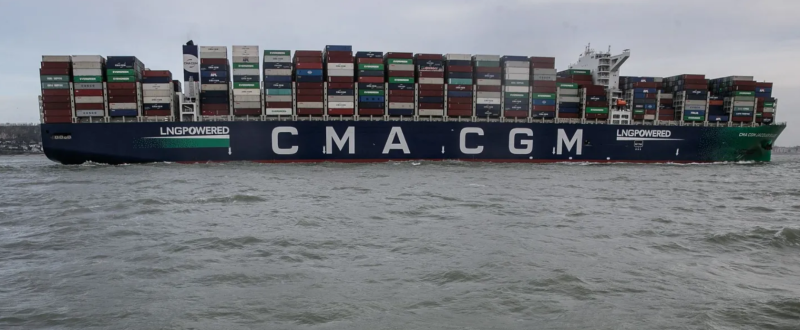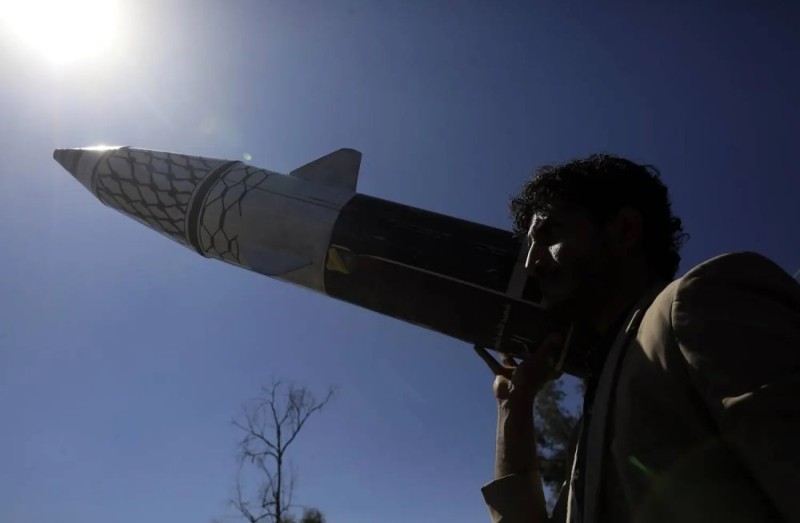Killed by cholera, Yemeni doctor knew he was fighting 'disastrous' epidemic


Yemeni doctor Mohammed Abdul-Mughni described the surge in cholera cases he was treating as “disastrous” in a country battered by years of war and short of medical staff.
Two weeks later cholera killed him too.
Yemen is suffering its third major outbreak of the water-borne bacterial infection since the conflict broke out in 2015, causing the world’s most urgent humanitarian crisis that has put 10 million people on the brink of famine.
The disease is spreading like “wild-fire”, according to the United Nations which recorded 110,000 suspected cholera cases and 200 deaths in three months.
Abdul-Mughni had been working in a temporary diarrhea treatment center in the grounds of a hospital in Sanaa where around 120-150 severe cases arrive every day.
“We are taking in patients around the clock, constantly ... Cholera is spreading widely now,” said Ismail Mansoury, a doctor who worked alongside him. “In the past two weeks we have admitted around 1,100 confirmed cholera cases.”
Cholera causes profuse diarrhea and fluid loss which can kill within hours. Children, the elderly and those weakened by years of poor nutrition are most at risk.
The center outside the capital’s Sabaeen hospital has tents, outdoor toilets and overworked staff. Listless women on drips take up every spot of available shade. Elderly ladies and children lie on gravel. A man helps a boy up a large step to use a latrine.
Many of those arriving are in shock or have kidney failure, with veins so shriveled by dehydration it is difficult to insert a needle to administer lifesaving fluids.
The four-year-old war that pits the Iran-aligned Houthi movement against the Saudi-backed Yemeni government has crippled the healthcare system and economy, forcing people to travel long distances to seek medical care.
AFP.

French shipping and logistics company CMA CGM has announced it will continue to avoid the Red Sea, despite considering the region to be more stable…

The US State Department on Saturday condemned the capture of additional UN staff by Houthi rebels in Yemen, amid the group’s ongoing attacks…

US Secretary of State Marco Rubio spoke with Yemeni Prime Minister Ahmed bin Mubarak on Friday and discussed cooperation to stop attacks by the Hou…